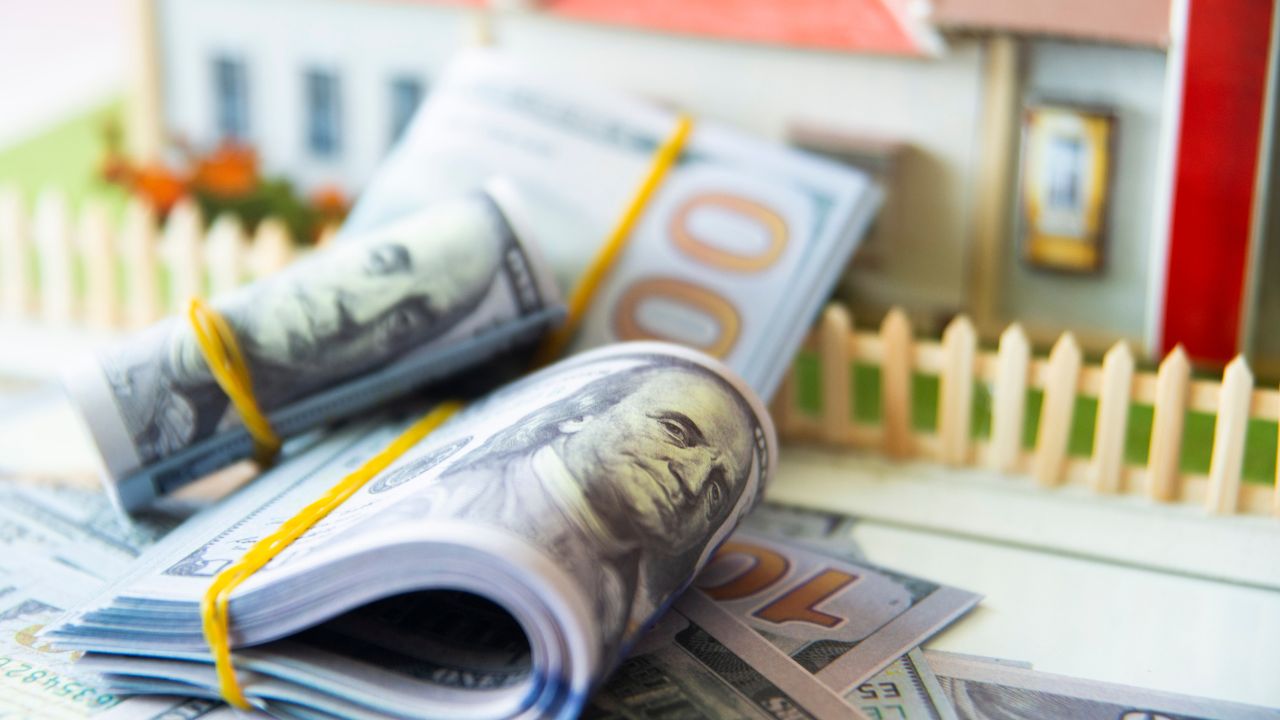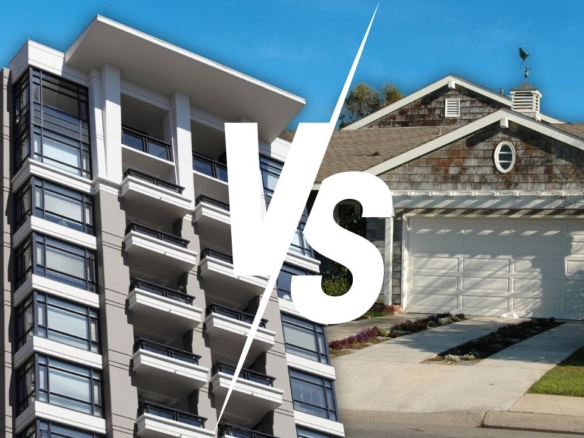Real estate remains one of the most reliable ways to build wealth in the United States. Whether you’re aiming to generate passive income, grow long-term equity, or diversify your portfolio, knowing how much you need to get started is a critical first step.
The required amount can vary depending on the investment strategy, property type, and location. However, here’s a breakdown of what you can generally expect.
1. Down Payment

Traditional Investment Property Loans
For most conventional investment loans, lenders typically require 15%–25% down.
- Example: For a $250,000 property, you would need a down payment between $37,500 and $62,500.
Keep in mind that down payments for investment properties are higher than those for primary residences because they pose greater risk to lenders.
House Hacking or Owner-Occupied Multifamily Properties
If you live in one of the units (e.g., in a duplex or triplex), you may qualify for FHA loans, which allow down payments as low as 3.5%—as long as it’s your primary residence for at least one year.
- Example: A $250,000 duplex might only require a $8,750 down payment with an FHA loan.
2. Closing Costs

Closing costs typically range from 2% to 5% of the purchase price and cover expenses like:
- Home inspection
- Appraisal fees
- Title search and insurance
- Lender origination and underwriting fees
- Escrow deposits
- Example: For a $250,000 property, expect to pay between $5,000 and $12,500 in closing costs.
3. Reserves & Repair Budget

Cash Reserves
Lenders may require you to have 2–6 months of mortgage payments in reserve—especially for investment properties. These funds are not spent but serve as a cushion in case of emergencies or income disruption.
Repairs & Maintenance
Even a turn-key property needs upkeep. A safe rule is to budget $5,000–$10,000 or more upfront to cover:
- Immediate repairs
- Property improvements
- Unexpected maintenance issues
Older properties or distressed homes may require even more.
4. Alternative Real Estate Investment Options (Lower Entry Cost)

Not ready to commit tens of thousands of dollars? Here are low-capital entry points:
REITs (Real Estate Investment Trusts)
- Invest in portfolios of real estate assets via stock exchanges
- Start with as little as $100
- No property management required
Real Estate Crowdfunding
- Pool funds with other investors online
- Minimum investment ranges from $500 to $5,000
- Some platforms offer access to commercial or multifamily properties
These are great for gaining exposure without the upfront capital or responsibility of owning property.
Conclusion: Real Estate Investing Is Within Reach
You don’t need a fortune to start investing in real estate. While owning a property requires upfront costs, options like REITs and crowdfunding make it easier to begin with less.
Whether you’re saving for a down payment or starting with a small online investment, the most important step is simply getting started. With the right strategy, real estate can be an accessible and rewarding path to long-term wealth.
Take control of your financial future: find out how much it costs to buy a property and start building wealth right now! Contact me today!
Here are the most frequently asked questions
Yes! You can start by investing in REITs or through real estate crowdfunding platforms with as little as $100 to $500. However, buying a physical property typically requires more capital.
No. While a higher credit score (above 700) can get you better rates, many loan programs—like FHA loans—accept scores as low as 580. Just keep in mind that better credit = better terms.
Many first-time investors start with single-family rentals, duplexes, or owner-occupied multifamily homes. These options offer easier financing and lower complexity than commercial properties.





